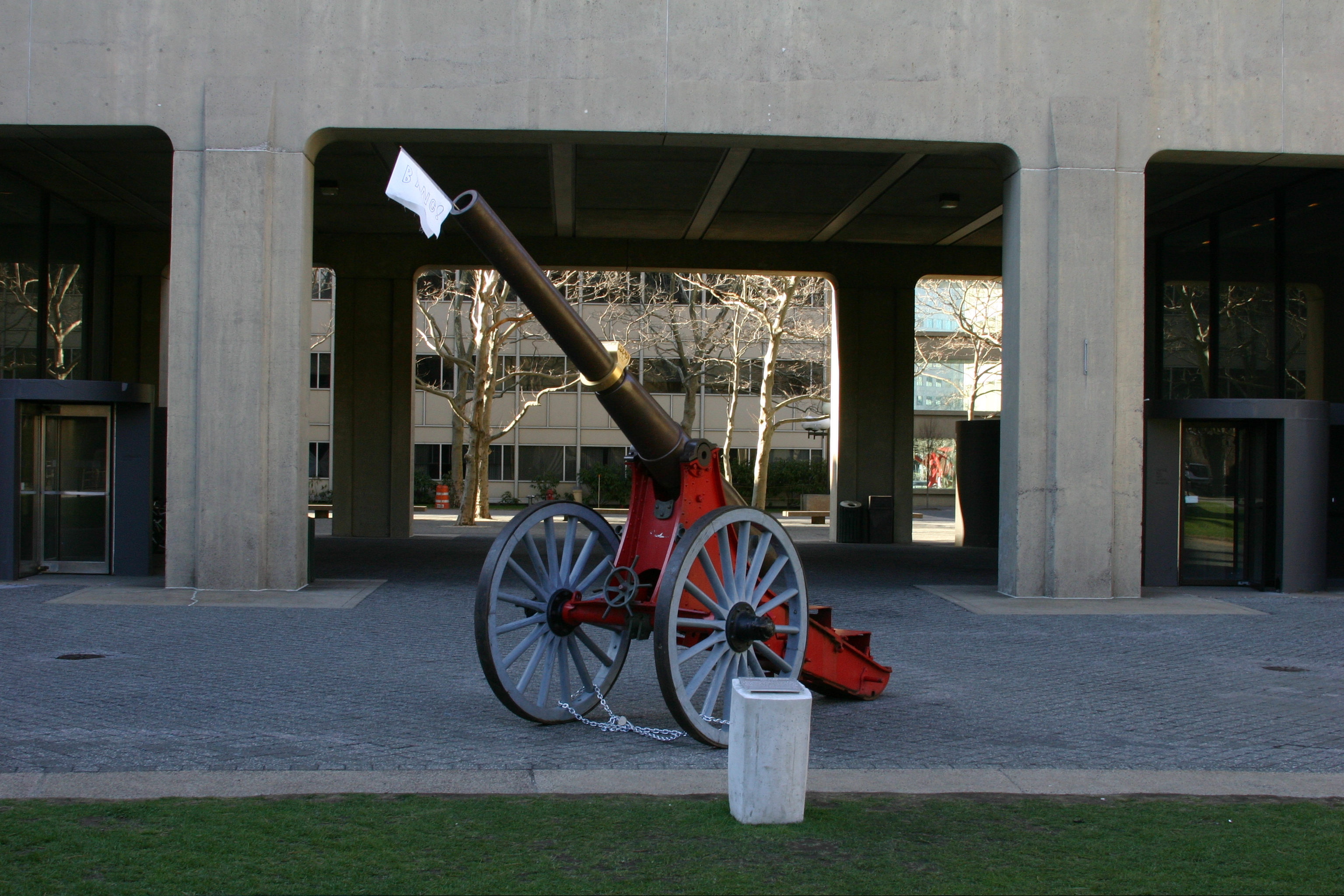
Legend Transcript:
Note: Commas indicate a pause in speech. Italicized words indicate words said with emphasis.
Informant: We stole the Caltech cannon one time
Me: Nice?
Informant: Yeah, like by pretending to be construction officers and, fraudulently producing documentation.
Me: Wait, really??
Informant: Yeah. Someone had had a summer internship at like a construction company so they still had the stamp, and they stamped a bunch of like, construction documents, um and then in broad daylight went and just took the statue and whenever anyone asked they would just show them the document.
Me: Really? And nobody questioned it?
Informant: No.
Me: Damn.
Informant: And then we had the cannon for a bit. And then we gave it back ’cause Caltech wanted to be lame. (pause) That’s not the first time we stole the cannon either. That was just the first time that included, like, fraud. Um, sometimes they would just do it in the dead of night.
Context:
The informant said he learned about these legends from a seminar called Mudd lore. He also commented that these stories highlight the “evil genius aspect of our Mudd lore” that is a “kinda little fun and cute little STEM moment.”
Context of Conversation: In-person conversation
Personal Interpretation:
Legends are grounded in the real world as dubiously true. Even so, they add identity and character to the places where they take place. This definitely applies to the legend of Harvey Mudd stealing the Caltech cannon. While this story is true (some Harvey Mudd students actually did go in and take the cannon in broad daylight) it has since been immortalized as part of Harvey Mudd’s identity, even being included in their Mudd lore seminar.
Interestingly, college legends tend to be crazy things alumni have done, perhaps as a reflection of the time between childhood and true adulthood where college students have more freedom than children but less accountability than working adults.
Additional Notes:
Another version of this legend can be found at:
Caltech Cannon Heist Memorial Page. The Caltech Cannon Heist. (n.d.). Retrieved March 24, 2022, from https://people.bu.edu/fmri/somers/cannon.html
